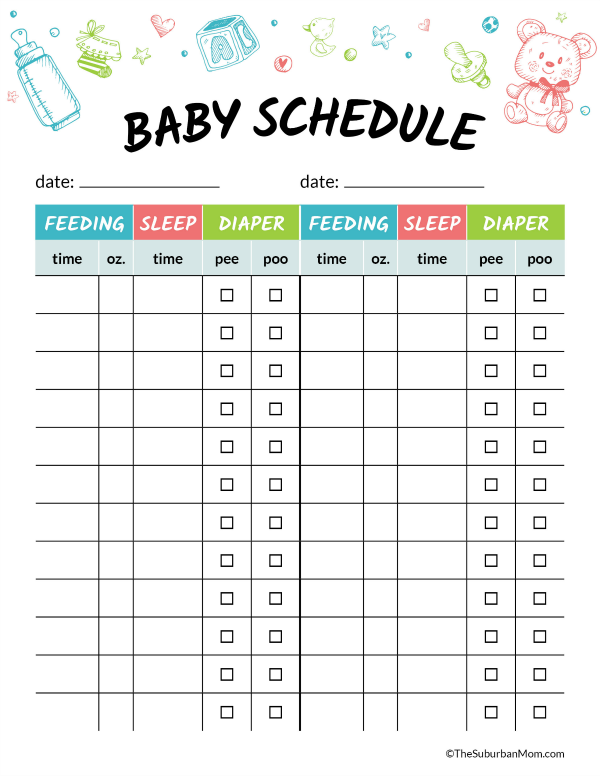

Percent Not Sleeping 6+ Hours Consecutively at Night In one study, a considerable number of six- and twelve-month-old babies did not sleep either six or eight hours consecutively at night: At the same time, research has found that the date of this milestone can vary significantly. In general, it is thought that babies start to consolidate their nightly sleeping period at around six months, making it more likely for them to sleep through the night. Even though newborns and infants spend most of their time asleep, they rarely sleep through the night without waking up. When Do Babies Start to Sleep Through the Night?įor adults used to sleeping for 7-9 hours each night without interruption, having a baby can be an eye-opening experience. In addition, naps enable a more generalized memory that is important for learning and brain development.

Research has found that frequent naps allow infants to consolidate specific memories. This napping is not just normal but also beneficial. Newborns often nap for at least 3-4 hours during the day, and though total nap time decreases as they get older, it’s typically for infants to continue to nap for 2-3 hours or more each day. It is very common for babies to nap and obtain a meaningful portion of their total sleep during the day. Sleep and nutrition also allow a baby to develop physically, growing bigger and acquiring better motor skills. Sleep allows the brain to develop, building networks and engaging in activity that facilitates thinking and learning as well as the formation of behavior. Why Do Babies Sleep so Much?īabies spend more than half of their time sleeping because this is a period of substantial growth. It is normal for infants to sleep for 3-4 hours during the day.

AASM and AAP guidelines, which recommend 12-16 total hours, closely track those of the NSF. Guidelines from the NSF state that infants (4-11 months old) should get between 12 and 15 hours of sleep per day. For this reason, the American Association of Sleep Medicine (AASM) and American Academy of Pediatrics (AAP) have chosen not to list a recommended amount of sleep for babies under 4 months old. Parents should be aware that fluctuations in sleep patterns for newborns can occur and do not necessarily indicate a sleeping problem. To accommodate feeding, nighttime sleep segments, and daytime naps, parents often work to develop a rough structure or schedule for a newborn’s day. While the bulk of total sleep happens at night, it’s rare for newborns to sleep through the night without waking up. Because of the need for feeding, this sleep is usually broken up into a number of shorter periods. The NSF recommends that newborns spend between 14 and 17 hours sleeping every day. The normal amount of time that babies sleep depends on their age. How Much Sleep Do Babies Need?īabies spend the majority of their day sleeping. An array of factors can influence the proper amount of sleep for babies and kids, and knowing these details can serve parents who want to encourage healthy sleep for their children. Parents can benefit from using these guidelines as a target while recognizing that a healthy amount of sleep may vary among children or from day to day.Īs these recommendations demonstrate, sleep needs evolve as a child gets older.

The NSF’s experts noted that these are broad recommendations and that an hour more or less may be appropriate for some children. These ranges are for total sleep including at night and during naps.


 0 kommentar(er)
0 kommentar(er)
